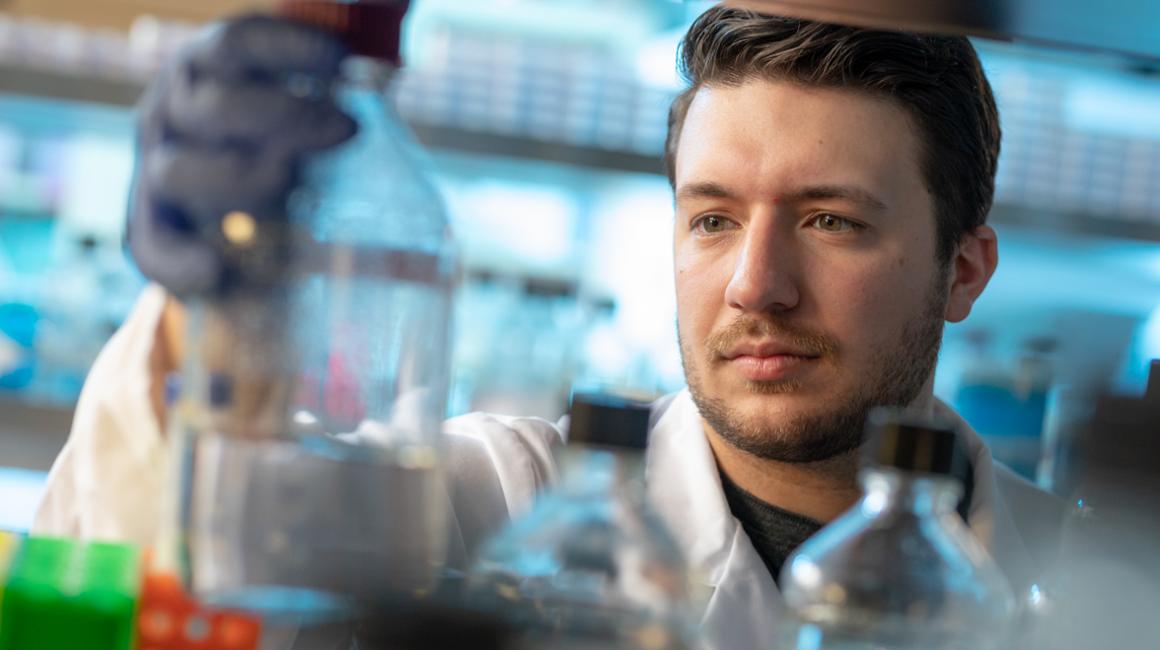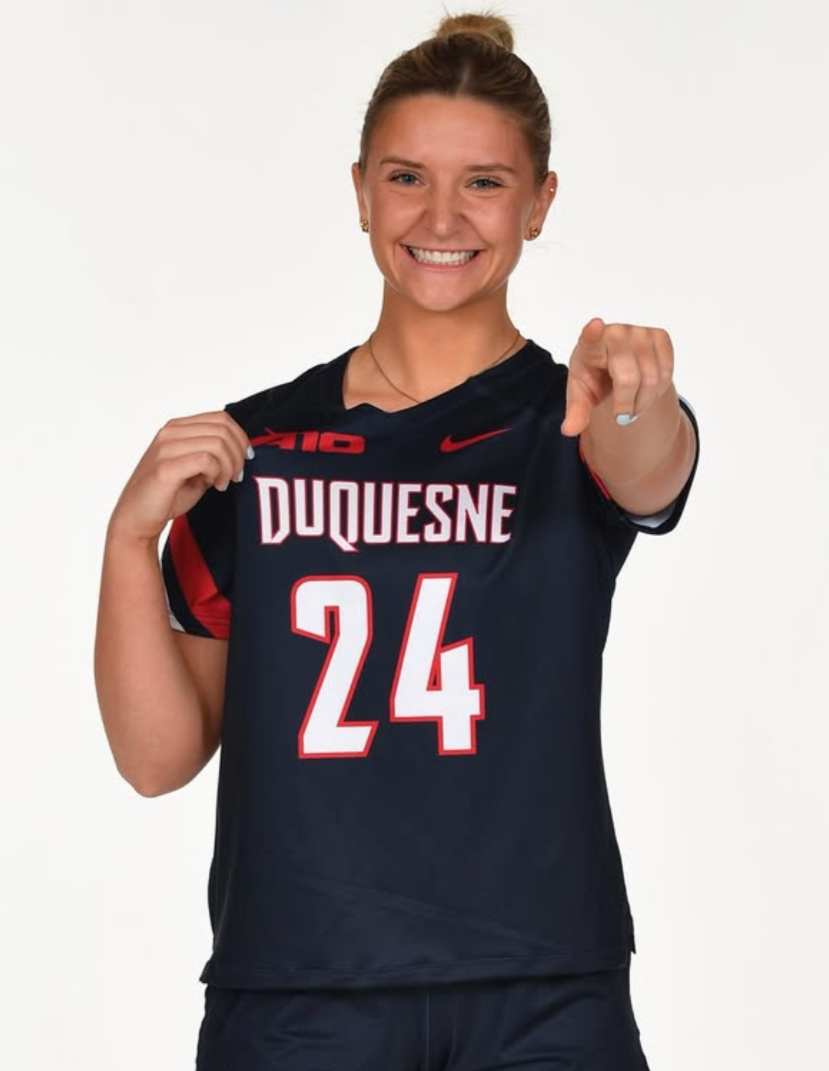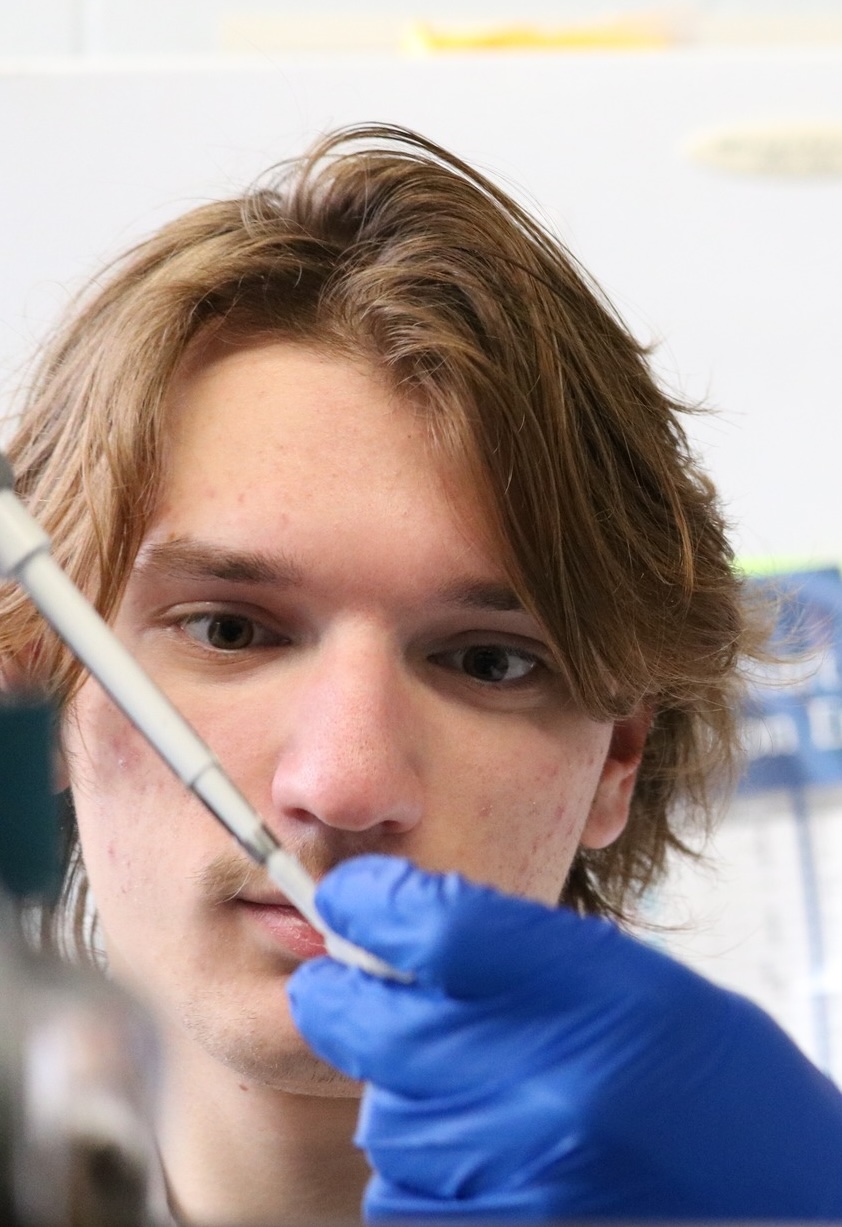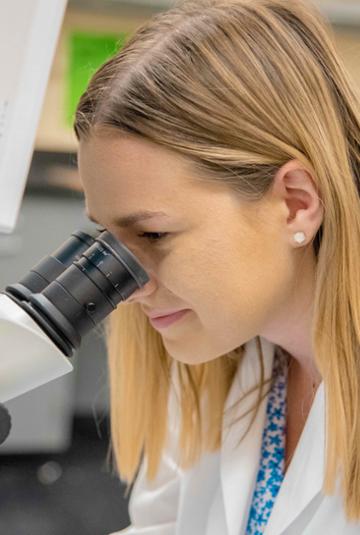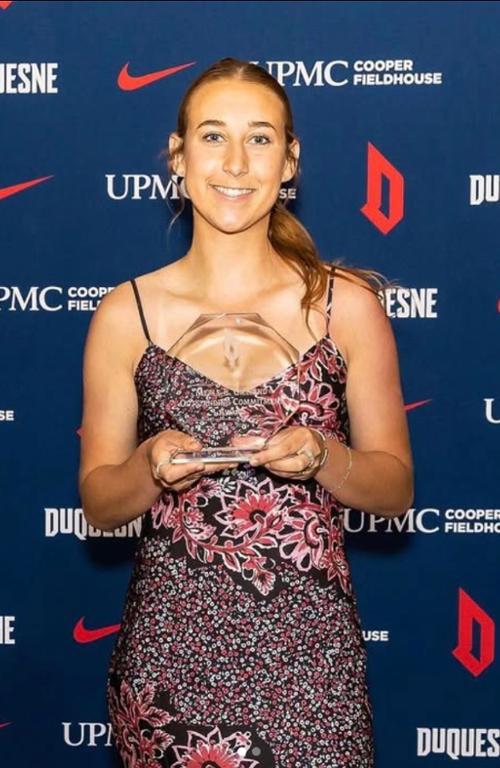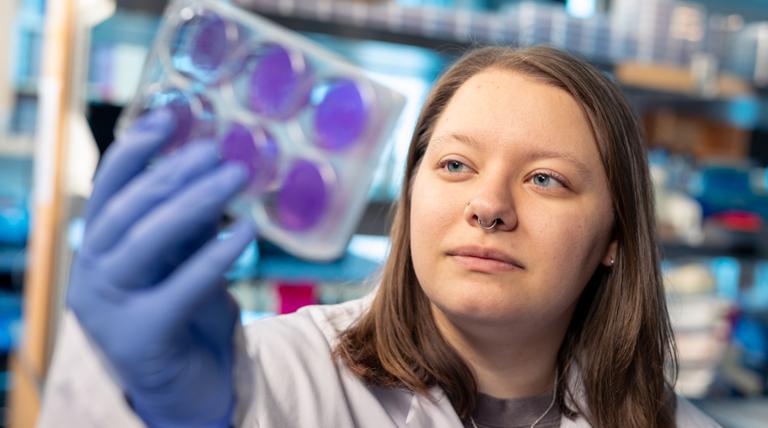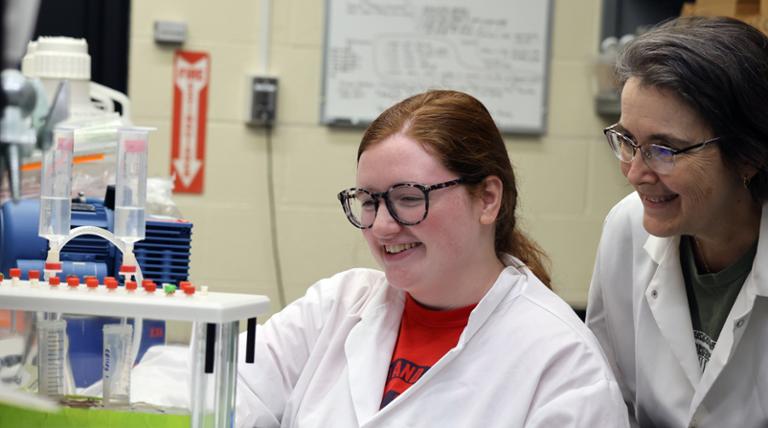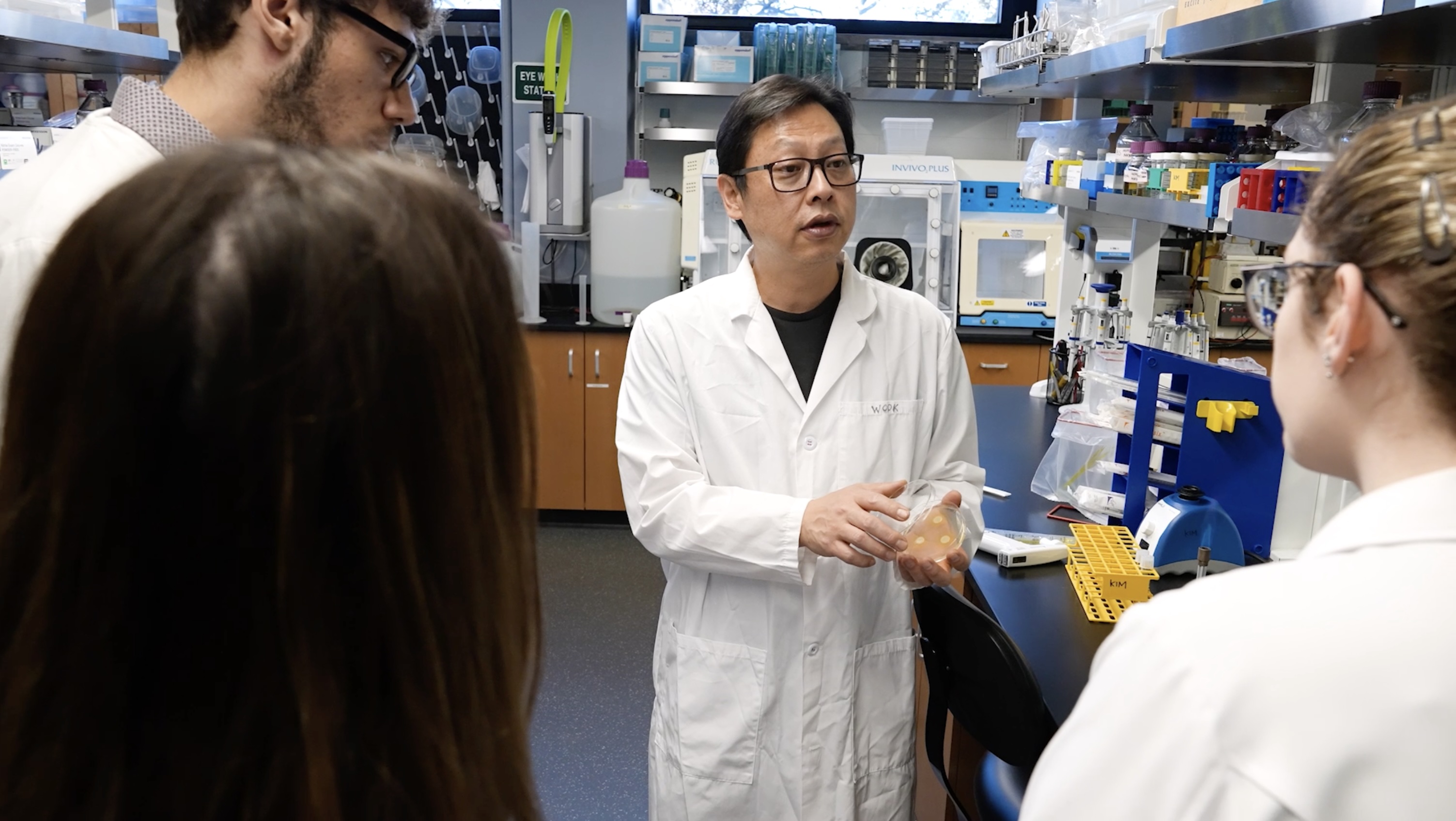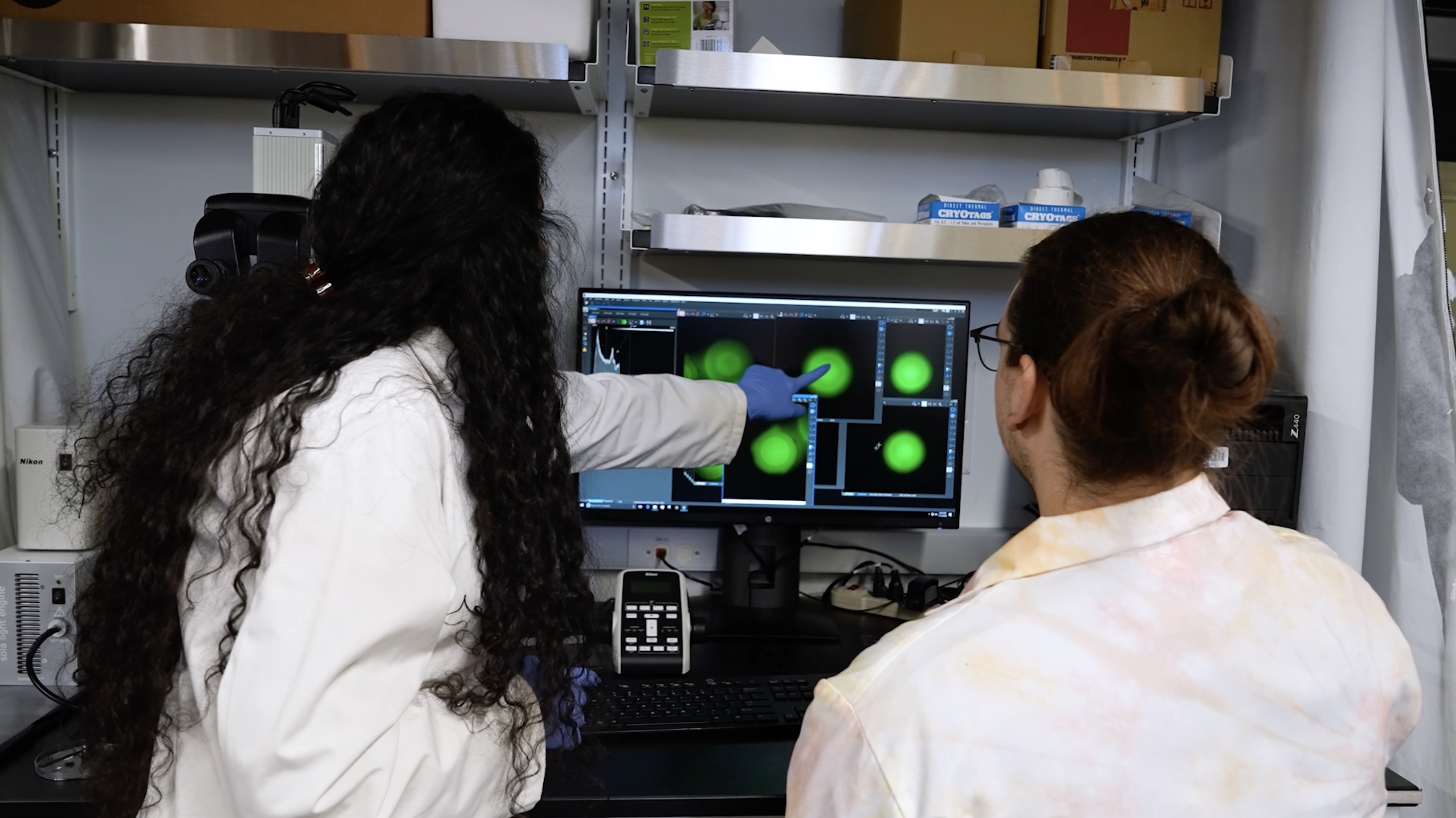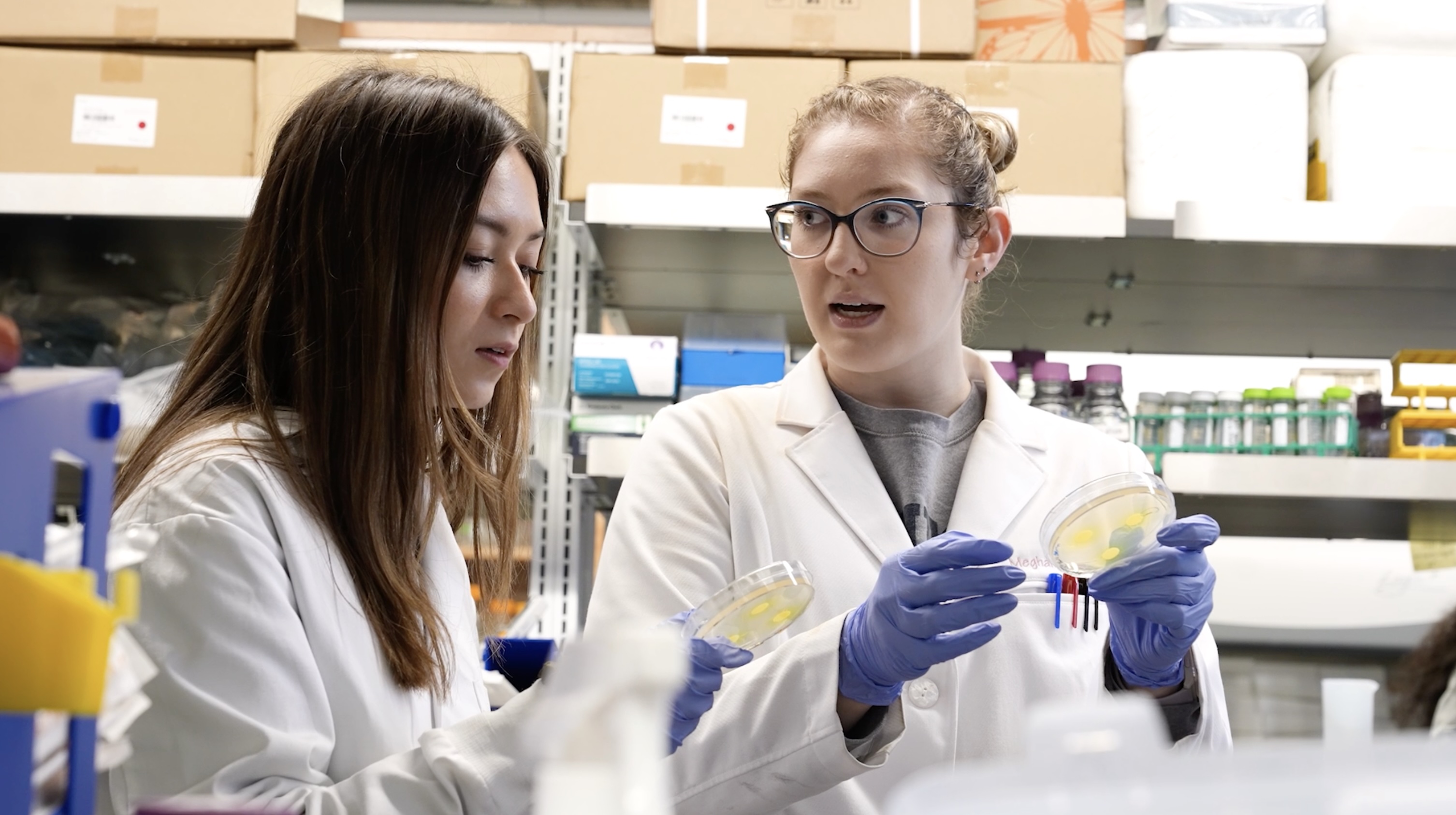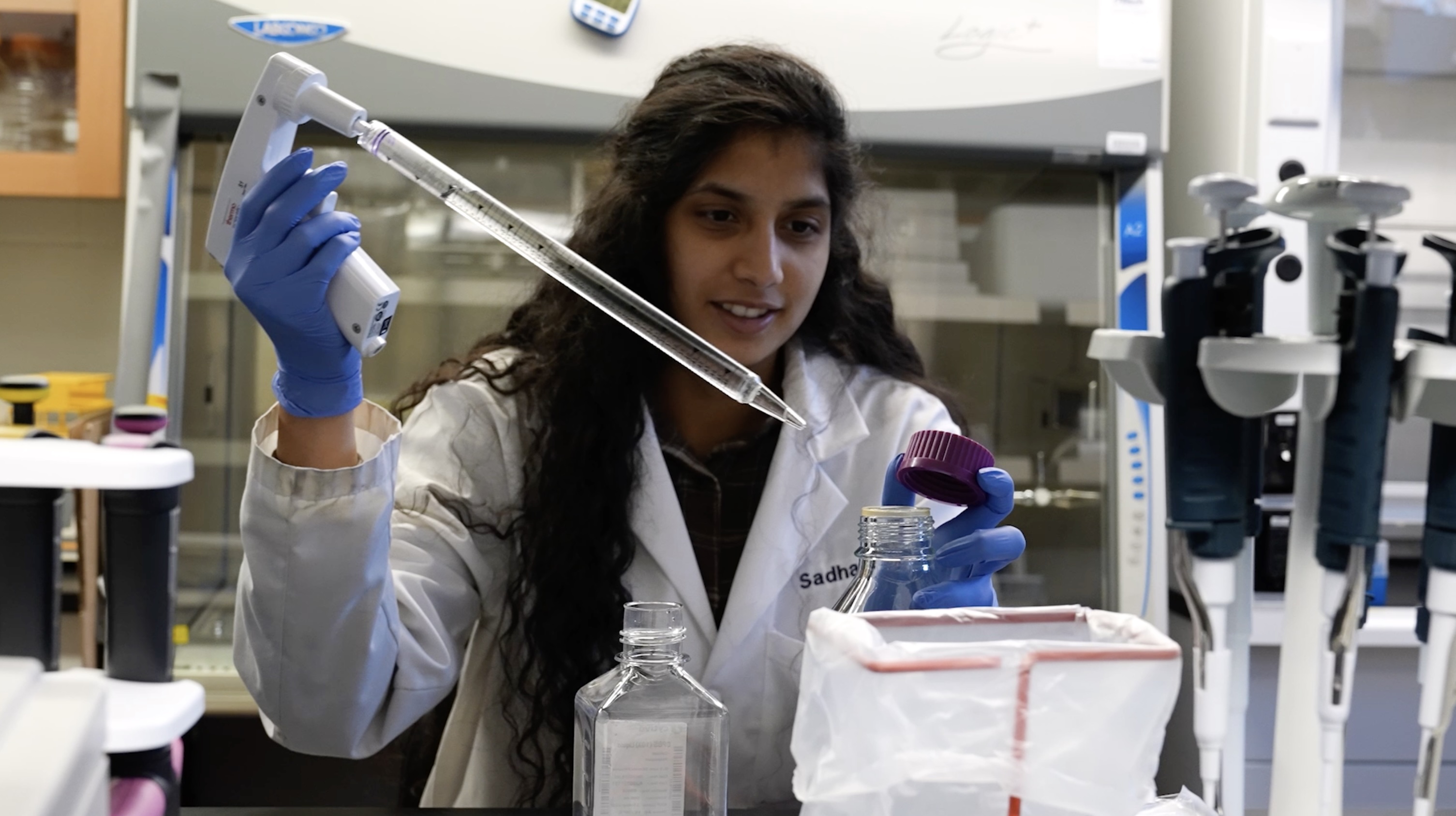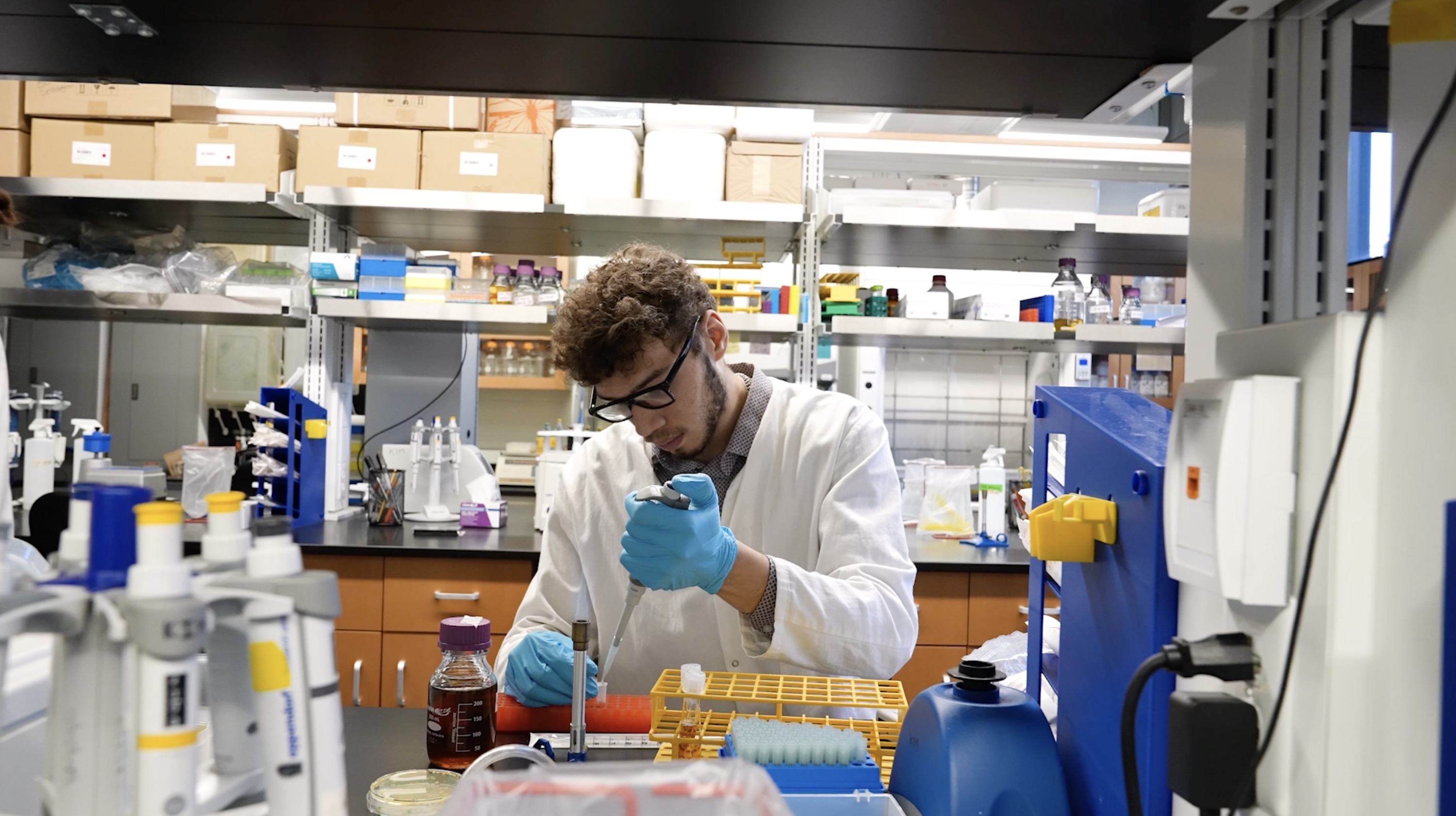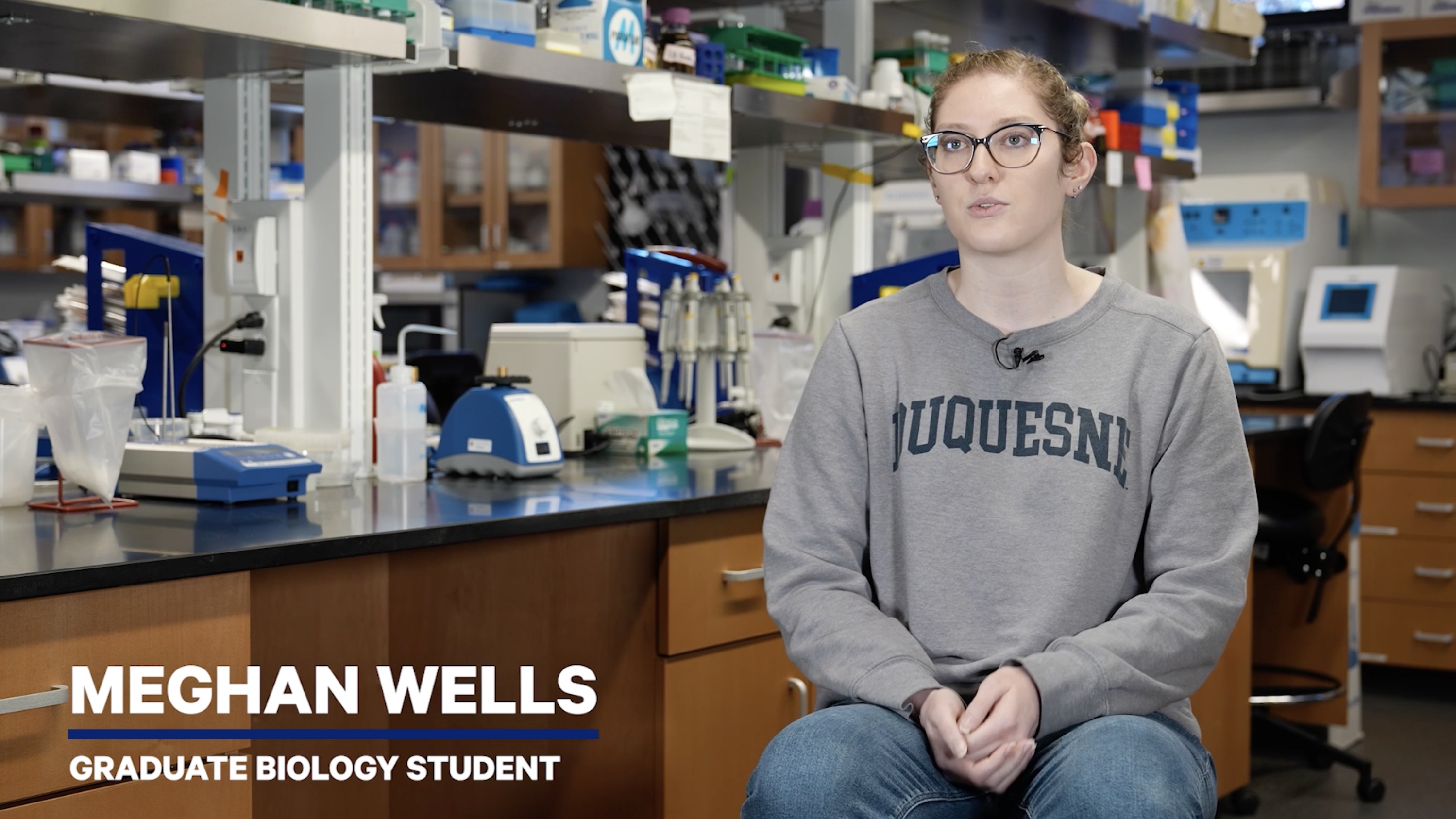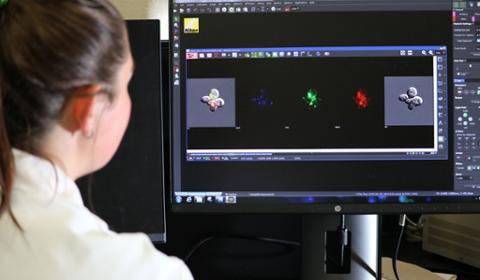Guiding Students Toward Bigger Goals
We prioritize providing you with a comprehensive understanding of modern biological sciences. Our B.S. in Biological Sciences curriculum includes interdisciplinary courses such as chemistry, physics, scientific writing, and statistics to prepare you for advanced biology courses and your future career. Our capstone course focuses on inquiry-based scientific discovery, providing you with the opportunity to apply your knowledge and skills to real-world problems. We also offer ample opportunities for you to engage in undergraduate research in a faculty laboratory, allowing you to gain practical experience and develop critical thinking skills. Our goal is to ensure that you are well-prepared for your future career, including graduate school, professional schools (medical, dental, veterinary) and technical positions in laboratories. We are proud to have a track record of successfully preparing our graduates for a variety of career paths.
The Ph.D. program in Biological Sciences is dedicated to fostering groundbreaking research. You'll have the opportunity to specialize in a diverse range of biology fields, such as microbiology, cell biology, evolutionary biology, neurobiology, physiology, endocrinology, or field biology.
Real Voices. Real Experiences.
Start here, Go anywhere
Prepare for a future in research, academia, medical, dental, pharmacy, veterinary science and a host of other health associated career fields.
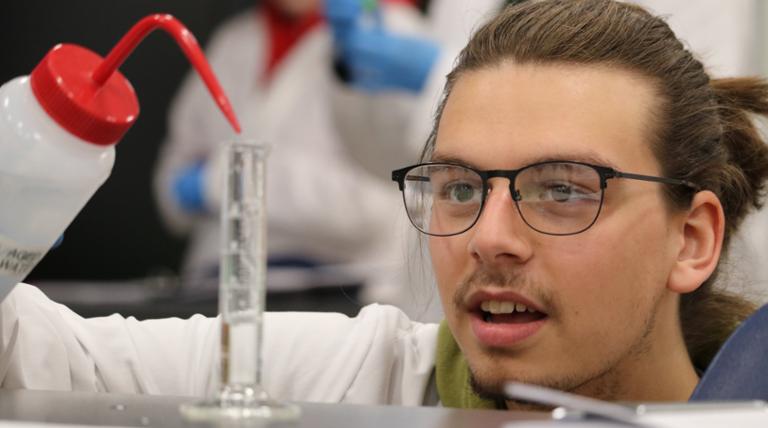
BS IN BIOLOGICAL SCIENCES
The Bachelor of Science in Biological Sciences offers four concentrations that allow for specialized areas of study, including general biology, molecular biology, physiology biology and evolution & organismal biology.
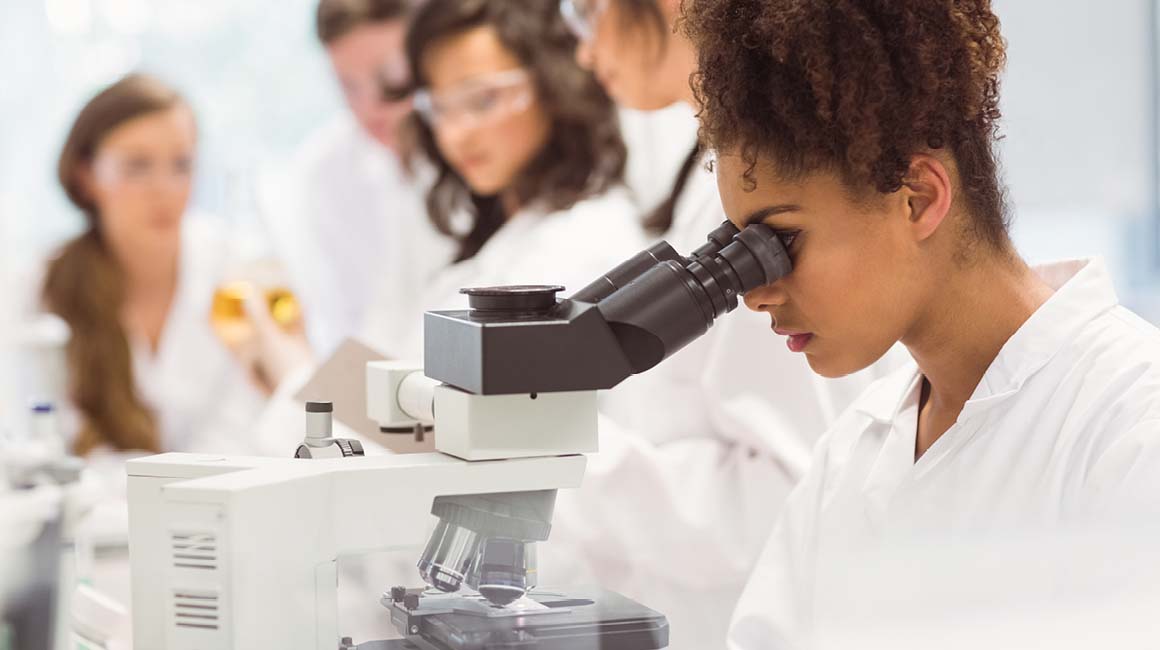
4+1 BIOLOGICAL SCIENCES-BIOTECHNOLOGY DUAL DEGREE
The 4+1 Biological Sciences-Biotechnology Dual Degree Program lets you earn a Bachelor of Science in Biological Sciences and a Master of Science in Biotechnology in just five years. Save time and money by taking graduate level classes in your junior year, while gaining hands-on experience and real-world exposure to research, pharmaceutical development, medical technology and bioengineering innovations.
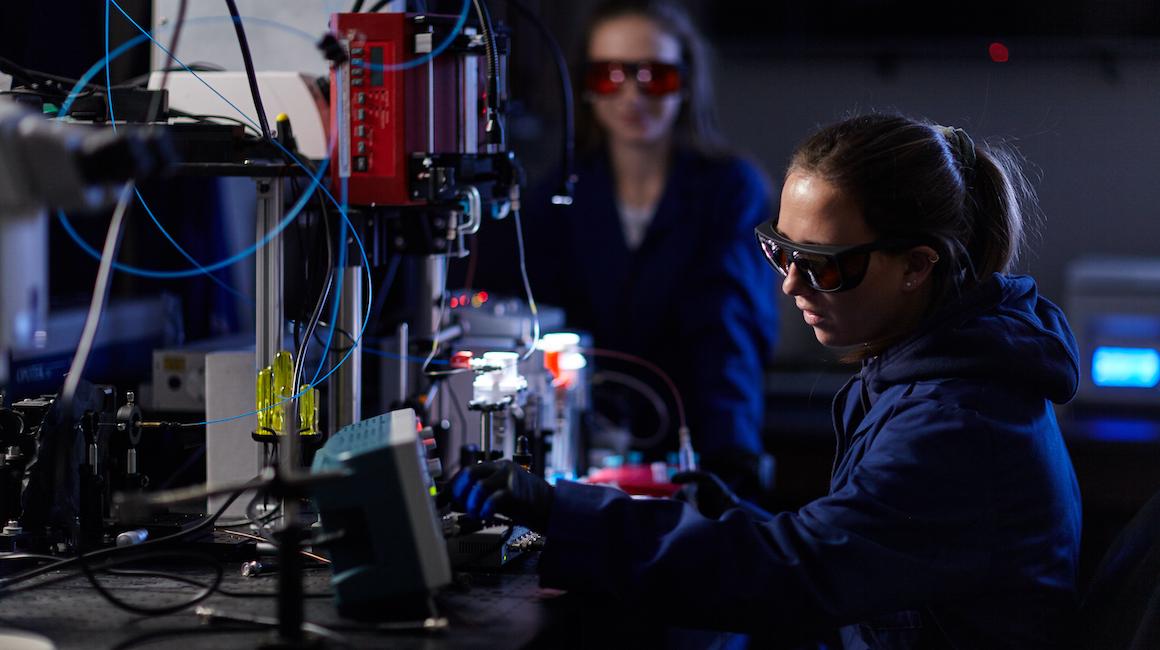
MS IN BIOTECHNOLOGY
The Master of Science in Biotechnology offers advanced interdisciplinary training in biotechnology, biological sciences, chemistry, and pharmaceutical sciences, along with essential business skills for career success. With flexible, part-time study options, you can choose courses that fit your schedule and align with your professional goals.
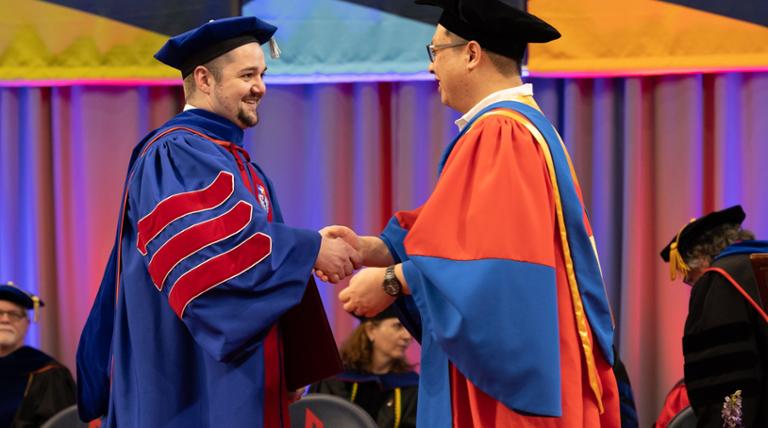
PHD IN BIOLOGICAL SCIENCES
The PhD in Biological Sciences is a stipend-supported program focused on research. Students can choose to specialize in one of many areas of biology, including microbiology, cell biology, evolutionary biology, neurobiology, physiology, endocrinology or field biology.
Duquesne University's College of Osteopathic Medicine is offering an exclusive Early
Assurance Pathway (EAP) for a select group of high-achieving first-year undergraduate
students. If you're admitted to Duquesne's Pre-Medical and Health Professions Program
(PMHPP) or certain programs within the School of Science and Engineering, you could
earn provisional acceptance into medical school—before you even start college!Secure Your Spot in Medical School!
Hear directly from our Biological Sciences students as they share their Duquesne experiences,
mentorship stories and passion for research.Faculty and Staff
The Student Experience
Graduate Student Publications


